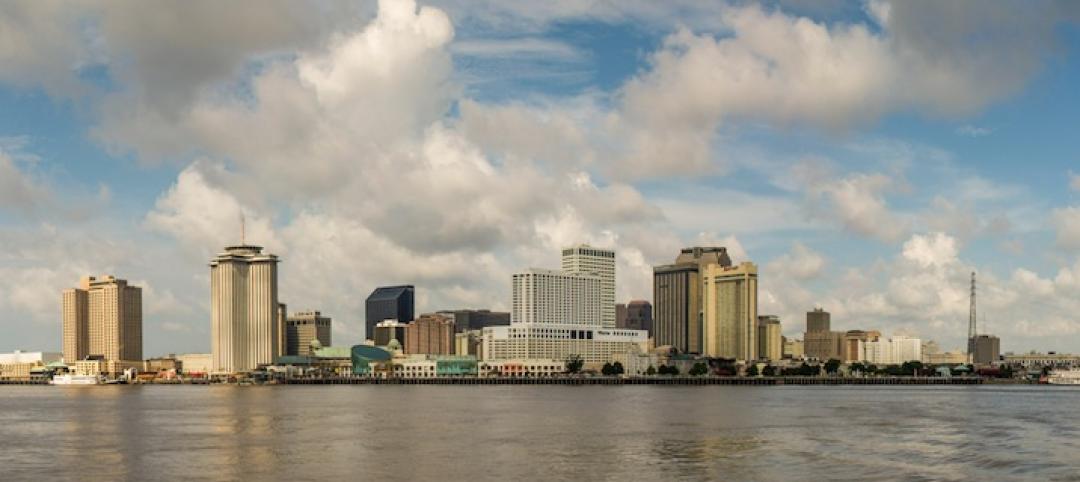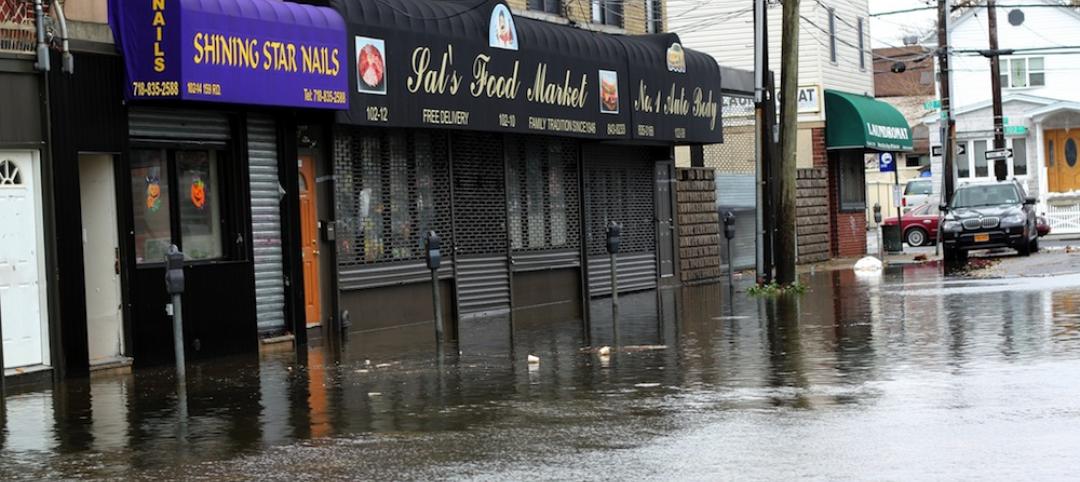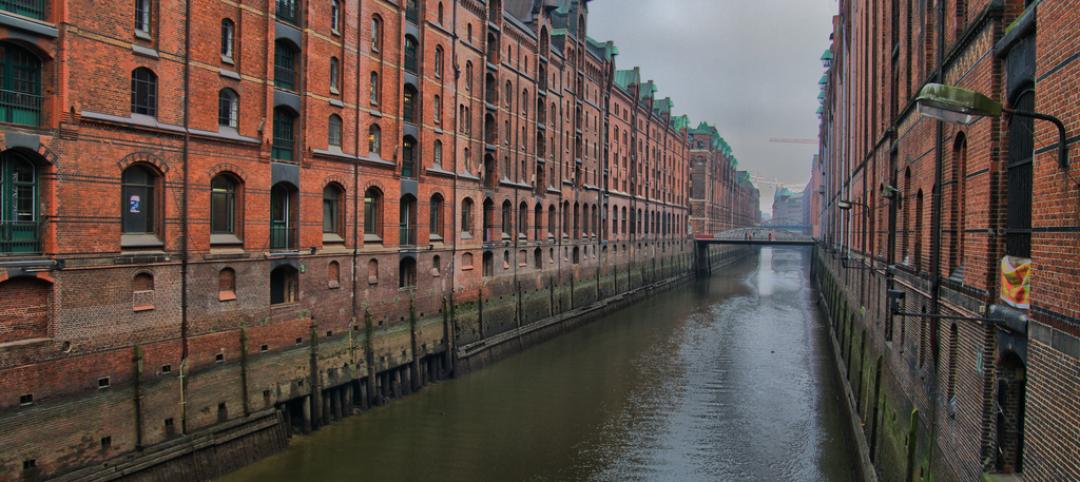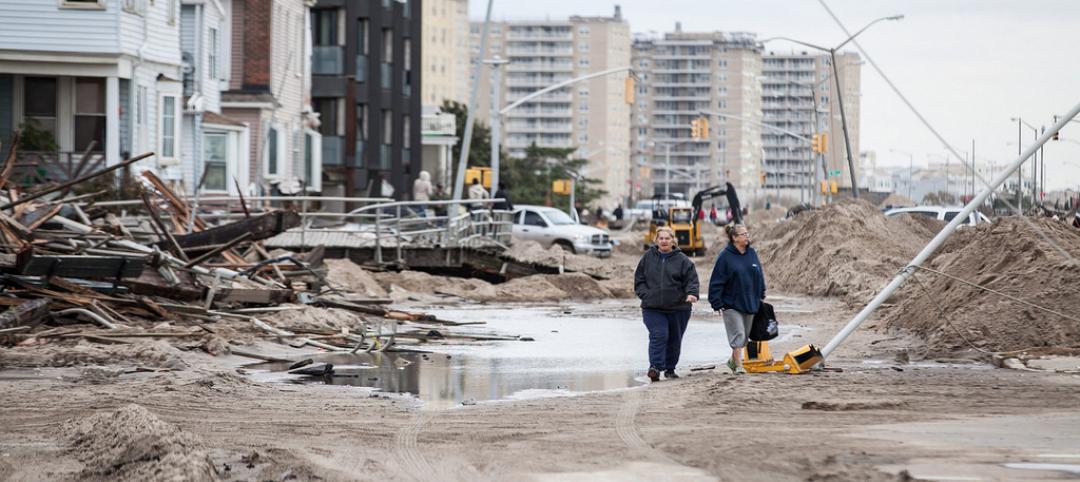The first eight winning cities have been announced for a $42 million, 100-city data-use program.
The competition, called "What Works Cities" and is sponsored by former New York Mayor Michael Bloomberg's foundation, promotes innovation in city government by making the massive amounts of city operations data more publicly accessible to better improve issues like job creation, public health, and blight.
The cities will receive "expert support and peer-to-peer learning opportunities to make government more effective," according to a press release.
The AP reports that the eight cities—Seattle; New Orleans; Louisville, Ky.; Jackson, Miss.; Mesa, Ariz.; Chattanooga, Tenn.; Kansas City, Mo.; and Tulsa, Okla.—will each receive portion of the $42 million.
The press release provided examples of how cities are relying on data and evidence to deliver better results for city residents:
• New Orleans used data to reduce blighted residences by 10,000 and increased the number of homes brought into compliance by 62% in two years. The city’s “BlightStat” program has put New Orleans, once behind in efforts to revitalize abandoned and decaying properties, at the forefront of national efforts.
• New York City focused efforts to reduce air pollution and improved the health of residents after the local government studied and publicly released data showing which areas of the city were most polluted, and which local sources were contributing the most harmful air pollutants.
• Louisville is using data from volunteers who attached GPS trackers to their asthma inhalers to better identify and target the sources of air pollution.
• Kansas City, Mo., achieved a 20% increase in overall satisfaction with the city’s image since 2010, after using data from their annual citizen survey and 311 services to drive decision-making for city departments.
The What Works Cities program is open for cities between 100,000 and one million people, and 110 cities have already applied. More winners will be chosen through 2017.
Related Stories
Industry Research | Feb 8, 2016
Changing of the guard: Big cities giving way to newer, less expensive offerings
U-Haul truck rental costs are a good early predictor of migration trends in the U.S.
Resiliency | Jan 29, 2016
Section of New Orleans will try new approach to flood control
The city will turn to a retain and control storm water strategy.
BIM and Information Technology | Jan 27, 2016
Seeing double: Dassault Systèmes creating Virtual Singapore that mirrors the real world
The virtual city will be used to help predict the outcomes of and possible issues with various scenarios.
Smart Buildings | Dec 15, 2015
Property owners and developers challenge FEMA floodplain maps
Agency said to be open to revision requests.
Smart Buildings | Dec 7, 2015
AIA Baltimore holds rowhouse redesign competition
Teams competed to provide the best social and environmental design solutions for the city’s existing rowhouse stock.
Smart Buildings | Dec 1, 2015
LEED Steering Committee approves resiliency pilot credits
Three credits address planning, design, and survivability.
Smart Buildings | Nov 30, 2015
New neighborhoods in Hamburg, Germany resilient to flooding, carbon neutral
Mixed-use areas built on brownfields and derelict districts.
Smart Buildings | Nov 13, 2015
Miami Beach making plans to cope with rising sea levels, flooding
The city has turned to sea walls, raised streets, and pumping stations.
Smart Buildings | Nov 11, 2015
No eyes on the road: The impact of driverless vehicles
The idea that space can be repurposed by breaking dependence on the purchase, maintenance, and storage of a big machine is a great boon for the sustainable future of cities, writes SmithGroupJJR's David Varner.
Smart Buildings | Nov 9, 2015
White paper promotes incentives for improved disaster resilience
The white paper makes the case that the most cost-effective manner to achieve resilience is through a holistic and integrated set of public, private, and hybrid programs.















